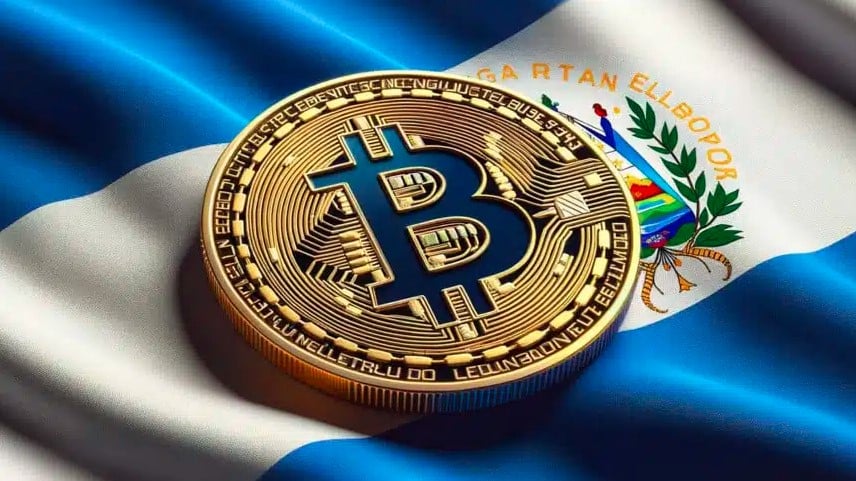El Salvador is quietly adding to its Bitcoin reserves even after securing a $1.4 billion loan from the International Monetary Fund that discouraged further crypto accumulation.
According to the country’s Bitcoin Office, the government’s treasury wallet now holds 6,209 BTC — up by 240 coins since December 19, 2024, the day the IMF deal was finalized. President Nayib Bukele’s one-Bitcoin-a-day strategy, launched in 2022, appears to be continuing despite the loan’s formal restrictions.
The IMF agreement required El Salvador to remove Bitcoin’s legal tender status and halt public purchases. Yet so far, the country remains onside — at least technically.
“El Salvador continues to comply with their commitment of non-accumulation of Bitcoin by the overall fiscal sector,” said Rodrigo Valdes, the IMF’s Western Hemisphere director, during an April 26 briefing.
Observers point to wiggle room in the deal’s wording. “The IMF’s flexible interpretation suggests these purchases might be routed through non-public entities or reclassified holdings,” said blockchain adviser Anndy Lian. “It allows the country to keep its Bitcoin-friendly stance while still unlocking IMF funds.”
While the treasury wallet grows, crypto remittances tell a different story. According to El Salvador’s Central Reserve Bank, Bitcoin-powered transfers dropped 44.5% in the first quarter of 2025 compared to the same period last year. Remittances sent via crypto totaled just $16 million, down from $28.3 million a year earlier — and now account for just 0.52% of all incoming transfers.
That decline suggests everyday adoption remains limited, even as the government doubles down on its Bitcoin playbook.
El Salvador made history in September 2021 by becoming the first country to adopt Bitcoin as legal tender. However, the nation’s growing crypto sector faced international scrutiny.
In December 2024, El Salvador reached an agreement with the International Monetary Fund (IMF) that could limit some domestic Bitcoin-related activities in exchange for a $1.4 billion loan through the IMF’s Extended Fund Facility. Combined with additional support from the World Bank and regional development banks, the total financial package exceeds $3.5 billion.
The IMF has been vocal against El Salvador’s Bitcoin Law since its inception in September 2021. It raised concerns over customer confusion when choosing between Bitcoin and fiat currencies and warned that such dual-pricing systems could lead to inefficiencies.
While President Nayib Bukele’s administration continues to accumulate Bitcoin, surveys suggest that a majority of Salvadorans do not use the cryptocurrency for transactions. According to an October 2024 poll, 92% of citizens reported not using Bitcoin, up from 88% in a similar survey conducted the previous year.
